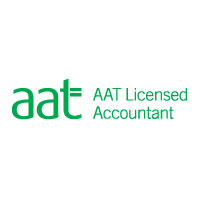Tax-free gifts
There are certain gifts you can make that will not create a capital gains tax (CGT) charge, but care should be taken as there are exceptions. This article outlines some of the more common issues that need to be considered.
Gifts to your spouse or civil partner
Ordinarily, you will not pay CGT if you gift assets – that would normally create a charge to CGT if sold elsewhere – to your spouse or civil partner.
The major exception to this rule is if you were separated and did not live together at any time during the tax year in which your gift was made (the tax year ends 5 April).
Another exception is if you gave them goods to sell-on as part of their business activity.
When the receiving partner subsequently sells the gifted item, they will pay CGT on the difference between the sales proceeds less the cost when the asset was first purchased. For example, If Jon buys shares for £1,000, keeps them for two years and then gives them to his civil partner Tim – when the shares are worth £5,000 – and Tim subsequently sells the shares a year later for £10,000; Tim’s CGT charge will be based on a gain of £9,000 (£10,000 less the original cost £1,000).
For this reason, it is recommended that the person gifting assets should provide evidence of the original purchase as this will be needed to calculate the amount of any future capital gain.
Gifts to a charity
You should not have to pay CGT if you gift a chargeable asset to a charity.
However, you may create a CGT charge if you sell an asset to a charity for more than you paid for it or less than its market value.
The CGT gain would be worked out based on the amount the charity pays you rather than the value of the asset when sold.
Planning options
If you are considering making a significant gift it is always advisable to check out any tax consequences before transferring ownership. Aside from CGT, there may also be stamp duty or inheritance tax complications. Please call so we can help you consider your options.
All news
 Dawn Johnson is licensed and regulated by AAT under licence number 126542.
Dawn Johnson is licensed and regulated by AAT under licence number 126542.
